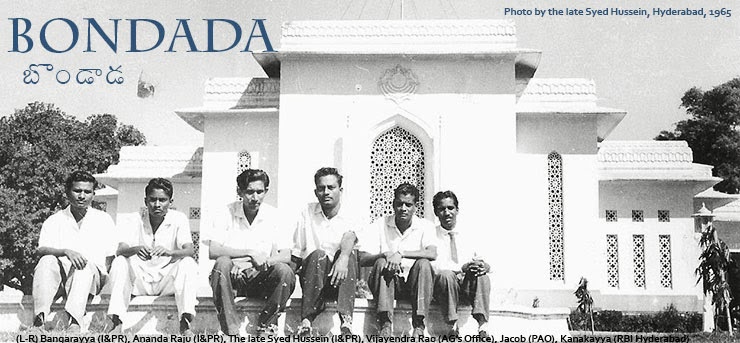thevelvetundergrounds:
Noor Inayat Khan was a wartime British secret agent of Indian descent who was the first female radio operator sent into Nazi-occupied France by the Special Operations Executive (SOE). She was arrested and eventually executed by the Gestapo. (x)
Noor-un-Nisa Inayat Khan was the eldest of four children. Her father Hazrat Inayat Khan came from a princely Indian Muslim family. (He was a great-grandson of Tipu Sultan, the famous 18th century ruler of the Kingdom of Mysore.) He lived in Europe as a musician and a teacher of Sufism. Her mother, Ora Meena Ray Baker, was an American from Albuquerque, New Mexico who met Inayat Khan during his travels in the United States.
In 1914, shortly before the outbreak of the First World War, the family left Russia for London and lived in Bloomsbury. Noor attended nursery at Notting Hill. In 1920, they moved to France, settling in Suresnes near Paris, in a house that was a gift from a benefactor of the Sufi movement. After the death of her father in 1927, Noor took on the responsibility for her grief-stricken mother and her younger siblings. The young girl, described as quiet, shy, sensitive, and dreamy, studied child psychology at the Sorbonne and music at the Paris Conservatory under the famous Nadia Boulanger, composing for harp and piano. She started a career of writing poetry and children’s stories and became a regular contributor to children’s magazines and French radio. In 1939 her book, Twenty Jataka Tales, inspired by the Jātaka tales of Buddhist tradition, was published in London.
After the outbreak of the Second World War, when France was overrun by German troops, the family fled from Paris to Bordeaux and from there by sea to England, landing in Falmouth, Cornwall on 22 June 1940. Although, Noor Inayat Khan was deeply influenced by the pacifist teachings of her father, she and her brother Vilayat decided to help defeat Nazi tyranny: “I wish some Indians would win high military distinction in this war. If one or two could do something in the Allied service which was very brave and which everybody admired it would help to make a bridge between the English people and the Indians.”In England she joined the Women’s Auxiliary Air Force (WAAF) and trained as a wireless operator. After being interviewed at the War Office she agreed to become a British special agent. Her superiors held mixed opinions on her suitability for secret warfare, and her training was incomplete. Nevertheless, her fluent French and her competency in wireless operation—coupled with a shortage of experienced agents—made her a desirable candidate for service in Nazi-occupied France.She traveled to Paris, and joined the Physician network led by Francis Suttill, code named Prosper. In spite of the danger, Noor rejected an offer to return to Britain. She continued to transmit as the last essential link between London and Paris. Moving from place to place, she managed to escape capture while maintaining wireless communication with London. ”She refused to abandon what had become the most important and dangerous post in France and did excellent work.” (x)







